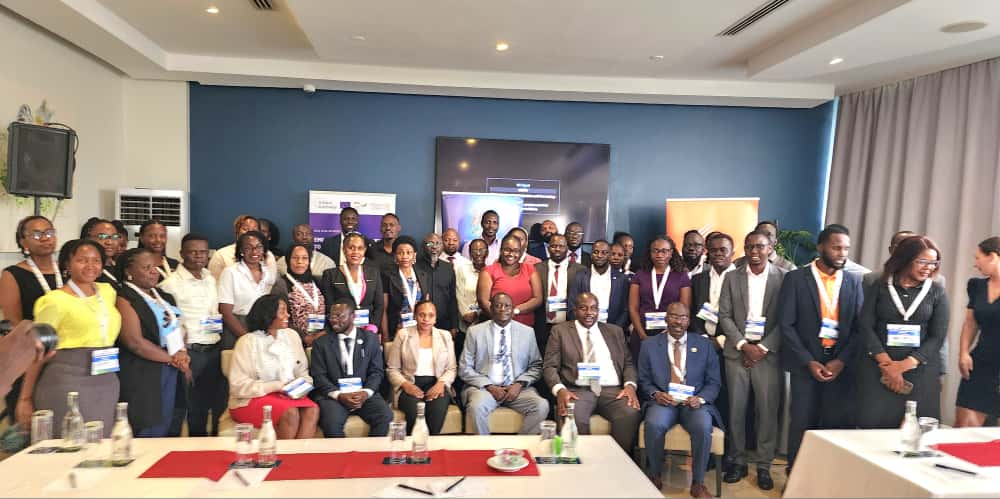The African Union Development Agency (AU-NEPAD), in partnership with GIZ and the Collaboration on International ICT Policy for East and Southern Africa (CIPESA), has convened a three-day data governance training workshop in Kampala aimed at strengthening Uganda’s capacity to harness data for national development.
The workshop brings together policymakers, technical experts, and digital stakeholders to explore ways of accelerating digital innovation, enhancing digital skills, and strengthening cybersecurity as Uganda advances toward a fully fledged digital economy.
Key discussions focus on foundational digital infrastructure, data value creation, data standards, and building trustworthy digital systems across government and the private sector.
Opening the sessions, experts underscored the growing importance of data in the modern economy, describing it as “the new oil”—a resource that, if well-governed, can fuel socio-economic transformation and help Uganda translate its digital roadmap into measurable progress.
Patrick Mudua, Assistant Commissioner for E-Services at the Ministry of ICT and National Guidance, said Uganda already possesses the technical capacity required to drive data-led development.
“Uganda has adequate technical expertise in policy and data. What we need now is to leverage these skills to propel digital transformation,” Mudua said, stressing that effective data governance will be instrumental in shaping the country’s digital future.
Despite the momentum, challenges persist. Uganda continues to grapple with gaps in digital infrastructure, low internet penetration in rural areas, and high data costs that limit widespread digital inclusion.
Baker Birikujja, Director of the National Personal Data Protection Office at NITA-U, said government is actively addressing these barriers.
“We have secured funding to expand digital infrastructure across the country. The cost of data is already going down and will continue decreasing as infrastructure improves,” he said.
Birikujja also assured the public about the protection of personal information, noting that privacy and data security remain top priorities.
“We want Ugandans to trust the systems. No unauthorized person can access citizens’ data,” he emphasized.
The workshop will conclude with a review of existing continental data policies, identification of solutions to longstanding governance challenges, and deeper engagement with the African Union’s Data Policy Framework, which is designed to guide member states toward secure, equitable, and innovation-friendly data ecosystems.
Paul Kithinji, Data Policy Advisor at GIZ–African Union, said the initiative is intended to strengthen Uganda’s contribution to shaping Africa’s digital future.
“By understanding and applying these policies, participants will be able to contribute informed, practical perspectives to the data governance agenda,” he noted.


